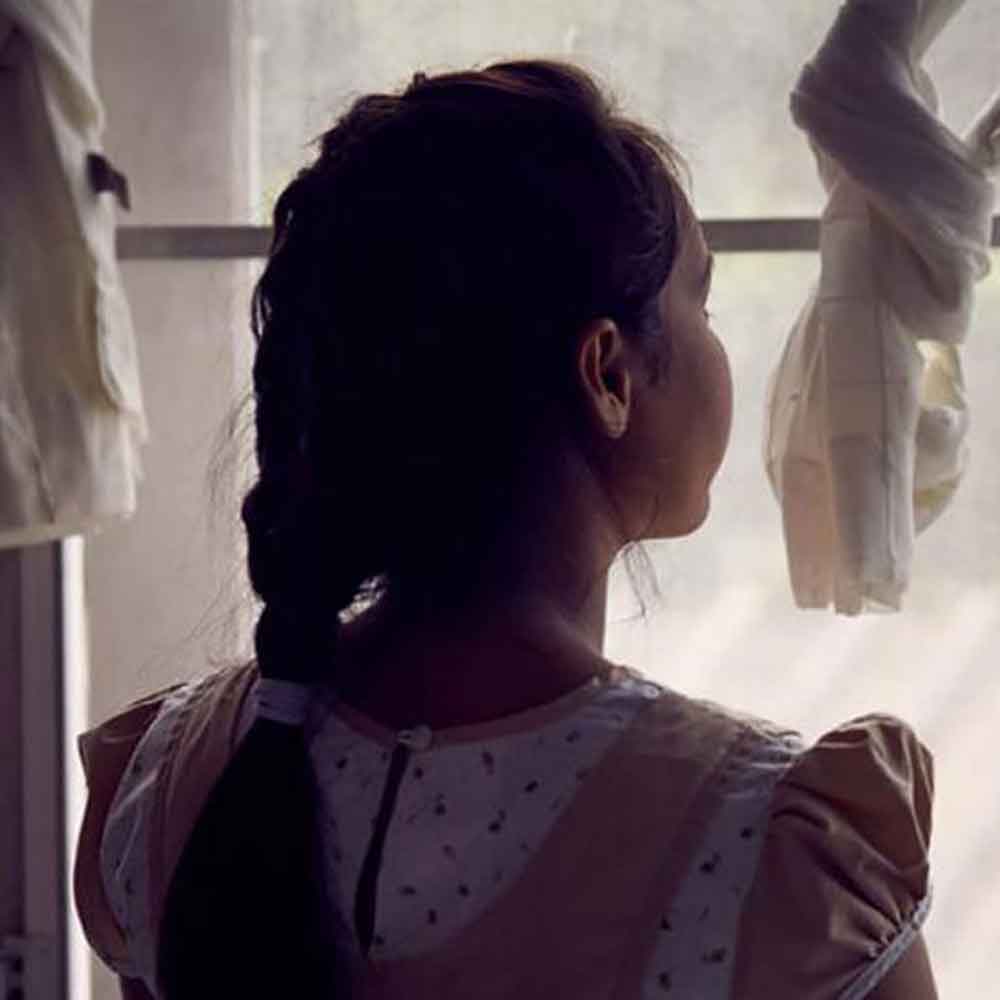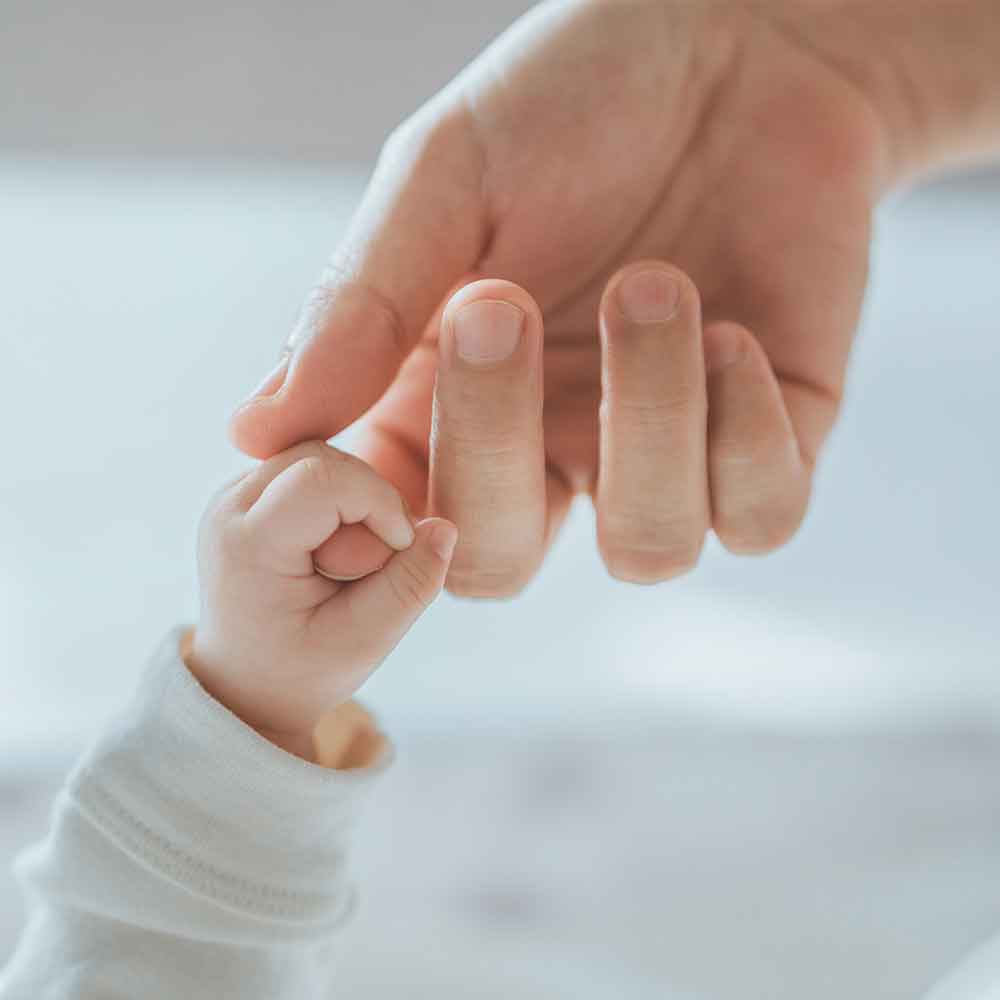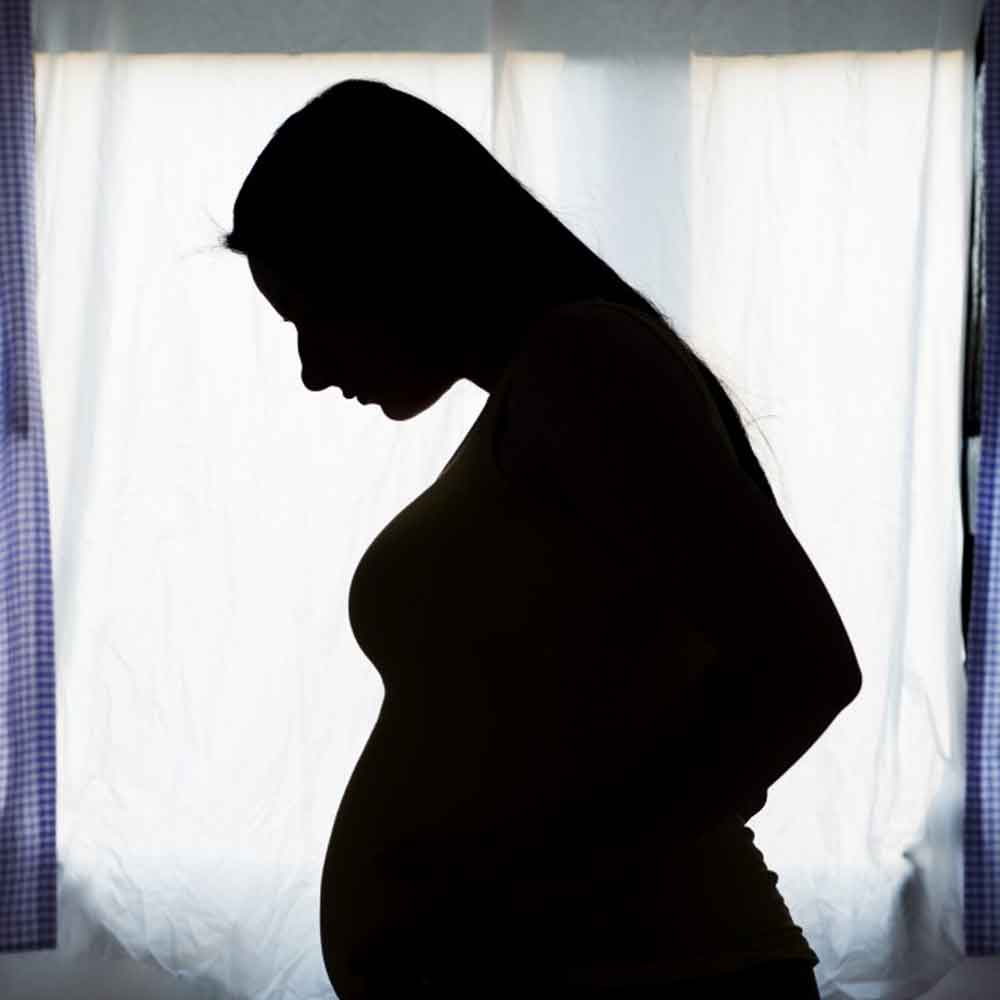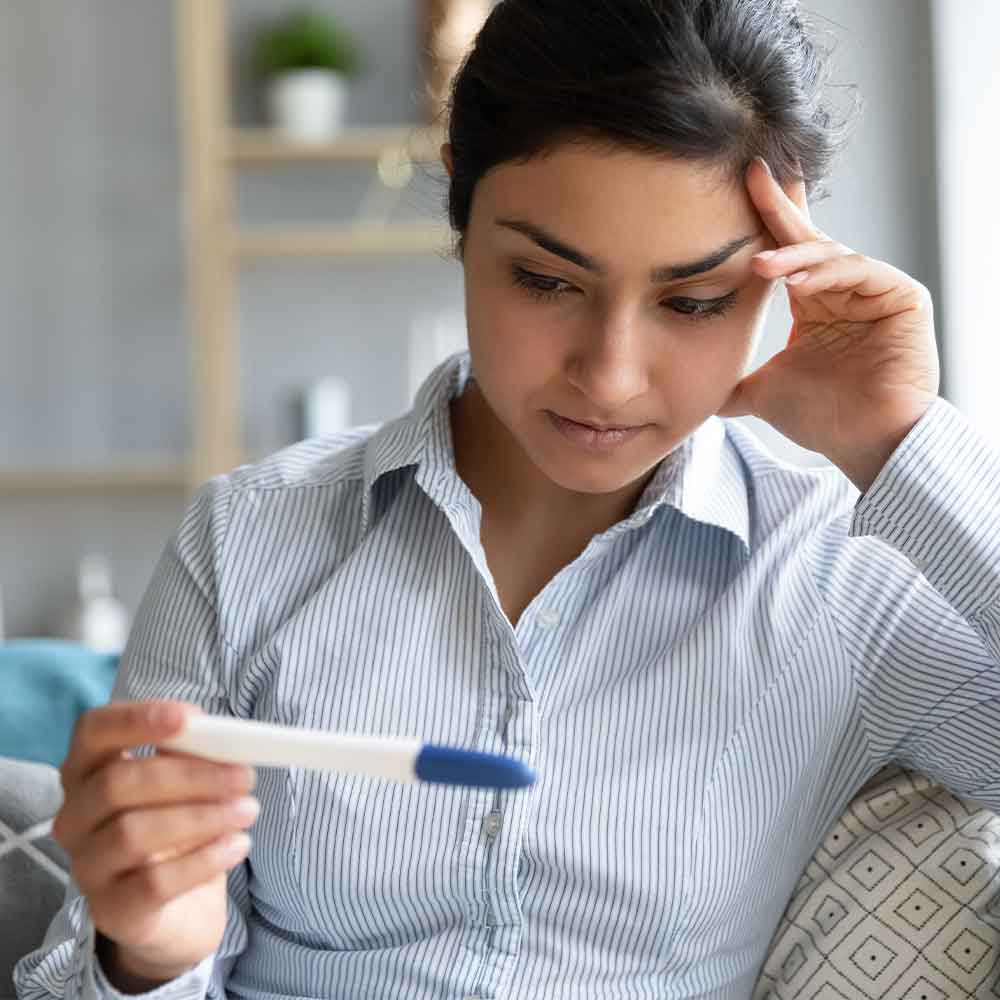According to a UN study, one of the biggest barriers to reproductive freedom in India is financial constraint. Approximately 38 per cent of respondents said this prevents them from starting the families they desire. The results were published in The Real Fertility Crisis, UNFPA's 2025 State of World Population (SOWP) Report. The survey was conducted online among 14 nations, including India, and had 14,000 respondents, 1,048 of whom were adults. According to the survey, the absence of dependable childcare (18 per cent), housing limitations (22 per cent), and job insecurity (21 per cent), are making parenthood seem unattainable. The survey also revealed that additional stress is caused by health obstacles such as infertility (13 per cent) and poor general wellness (15 per cent), as well as restricted access to care connected to pregnancy (14 per cent).

According to the UNFPA, 19 per cent of women experienced pressure from partners or family to have fewer children than they personally want, and many are also delaying motherhood because of growing concerns about the future, which range from political and socioeconomic instability to climate change. Millions of people are unable to achieve their true fertility goals.

The report stated that substantial inequalities still exist between governments and regions and that many people, particularly women, still face major obstacles to making free and informed decisions about their reproductive life. States like Delhi, Kerala, and Tamil Nadu have maintained below-replacement fertility, whereas states like Bihar, Jharkhand, and Uttar Pradesh continue to have high fertility rates, according to the research.

India's fertility rate has significantly decreased from about five children per woman in 1970 to roughly two today, largely due to increased access to reproductive healthcare and education. Reproductive choices are changing due to new societal realities that go beyond conventional barriers. A complicated network of contemporary issues was noted in the research, including the rising prevalence of loneliness, changing patterns of relationships, the difficulty of finding companions who are supportive, the societal stigma associated with reproductive choices, and strongly ingrained gender standards.

According to the survey, women face disproportionate pressure from rising expectations surrounding intense parenting, which exacerbates unequal caregiving responsibilities and influences decisions on whether and when to have children. According to the report, the true concern is not the population but rather the pervasive obstacles to defending people's freedom to choose whether, when, and how many children to have.
Image source: Global United Nations, Brightspot